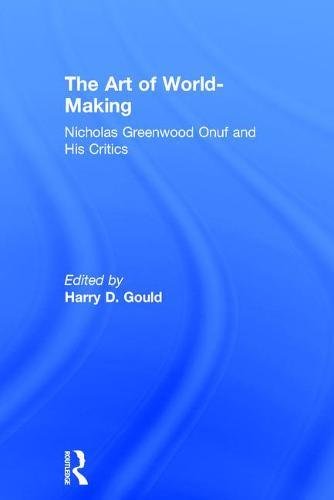

Most ebook files are in PDF format, so you can easily read them using various software such as Foxit Reader or directly on the Google Chrome browser.
Some ebook files are released by publishers in other formats such as .awz, .mobi, .epub, .fb2, etc. You may need to install specific software to read these formats on mobile/PC, such as Calibre.
Please read the tutorial at this link: https://ebookbell.com/faq
We offer FREE conversion to the popular formats you request; however, this may take some time. Therefore, right after payment, please email us, and we will try to provide the service as quickly as possible.
For some exceptional file formats or broken links (if any), please refrain from opening any disputes. Instead, email us first, and we will try to assist within a maximum of 6 hours.
EbookBell Team

0.0
0 reviewsOn its face, The Art of World-Making focuses on honouring the career of Nicholas Greenwood Onuf and his contributions to the study of international relations; of equal importance, however, while using Onuf’s work as their touchstone, the contributions to this volume range widely across IR theory, making important interventions in some of the most important topics in the field today.
The volume considers the place of Constructivism and Republicanism in the field of international relations, and the contestation that accompanies the question of their place in the field, asking:
• What explains the dominance of some forms of Constructivism and the relative lack of influence of other forms?
• What can rule-oriented Constructivism, the focus here, provide our field that other forms of Constructivism have been unable to?
• Into what new and productive directions can Constructivism be taken?
• What are its gaps and what are the resources to remedy those gaps?
• What can Republicanism tell us about ongoing issues in international law, global governance, liberalism, and crisis?
Drawing together essays from some of the leading scholars in the field, space is given after each chapter for a detailed and highly personal response piece to each contribution, written by Onuf. This unique volume will be essential reading for students and scholars of international relations.